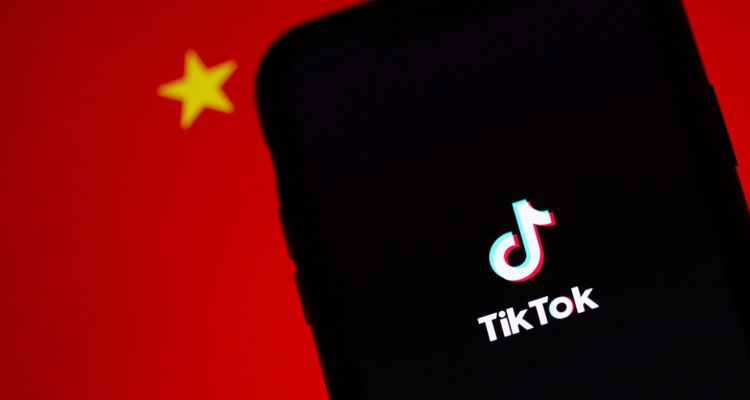
Photo Credit: Solen Feyissa
FCC Commissioner Brendan Carr has reiterated his view that TikTok should be banned in comments to Bloomberg.
The Federal Communications Commission (FCC) commissioner Brendan Carr spoke with the outlet to explain why he believes the social media app should not be allowed to operate in the United States. “I don’t believe there is a path forward to anything other than a ban,” Carr told Bloomberg. “There isn’t a world in which you could come up with sufficient protection on the data that you could have sufficient confidence that it’s not finding its way back into the hands of the [Chinese government].”
“At this point, I have a very, very difficult time looking at TikTok’s conduct thinking we’re going to cut a technical construct that they’re not going to find a way around,” Carr adds.
Back in June 2022, Carr urged both Apple and Google to remove the TikTok app from their respective app stores. That urging came following a report from BuzzFeed News that reveals several Chinese engineers employed by TikTok-parent ByteDance have backdoor access to TikTok user data.
TikTok remains hugely popular among the youngest demographics (13-17, 18-24), so any ban would be highly unpopular with young people. TikTok itself finally confirmed BuzzFeed News’ original reporting that, yes, some ByteDance employees in China have access to European data. Here’s a comment from TikTok’s Head of Privacy in Europe, Elaine Fox, to her employees.
“Based on a demonstrated need to do their job, subject to a series of robust security controls and approval protocols, and by way of methods that are recognized under the GDPR, we allow certain employees within our corporate group located in Brazil, Canada, China, Israel, Japan, Malaysia, Philippines, Singapore, South Korea, and the United States remote access to TikTok European user data.”
So TikTok has access to user data in both the United States and Europe. What’s important to note is anything your phone knows about you–the app can share. Approximate locations and mobile device identifiers like IP addresses are all shared. Its privacy policy permits additional data collection, like keystroke patterns and biometric info.

